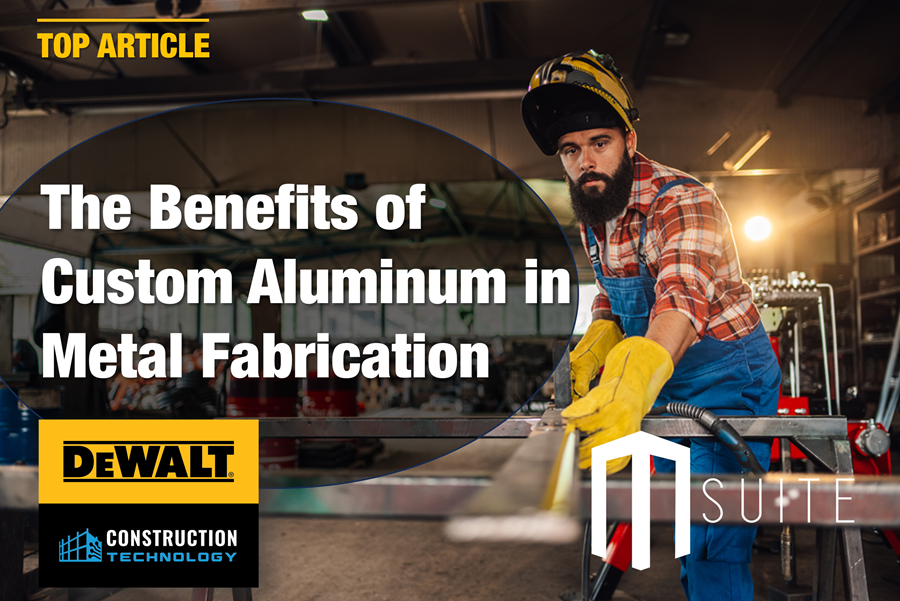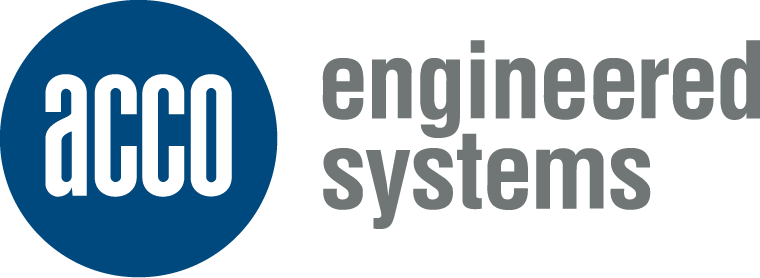Custom aluminum fabrication is pivotal in producing an extensive array of products globally, spanning various industries. Renowned for its exceptional mechanical and chemical properties, aluminum fabricated products are indispensable in transportation, construction, manufacturing, food and beverage, consumer durables, and electrical components. In this article, we highlight the myriad of advantages that make aluminum a preferred material for custom fabrication projects, exploring its versatility, lightweight nature, corrosion resistance, and more.
The Versatility of Aluminum in Custom Metal Fabrication:
Aluminum stands out as an exceptionally versatile metal, offering a spectrum of favorable properties that make it ideal for a wide range of custom fabrication projects. The material’s ability to be formed, cast, cut, joined, melted, machined, and extruded into intricate shapes and geometries enhances its utility in various manufacturing processes. Notably, aluminum sheet metal, a common form of aluminum, finds application in the fabrication of diverse products, including vehicle and aircraft body panels, cookware, structural sidings, roofing, electronic housings, medical carts, screen doors, tools, and numerous other applications.
Understanding Aluminum Sheet Metal Fabrication:
Derived from common stock material, aluminum metal undergoes processes like rolling, extrusion, or hammering to be formed into flat sheets. These sheets are then classified by thickness or gauge, with thinner sheets designated as foil and thicker as plates. The aluminum sheet metal fabrication process involves manipulating or shaping these sheets to create specific parts, components, or end products. This may include selective removal of material and reshaping without compromising volume.
Advantages of Aluminum in Custom Metal Fabrication:
Lightweight:
- Aluminum’s density of only 2.7 kg per dm3 makes it approximately three times lighter than steel. Despite its lightweight nature, aluminum boasts a superior strength-to-weight ratio compared to steel. Aluminum is the ideal metal used in building construction due to its inherent characteristics of being lightweight and corrosion resistant. It is utilized to fabricate external facades, roofs, walls, windows, doors, staircases, railings, shelves, and other construction applications.
Non-Ferromagnetic:
- Unlike some other metals, aluminum is non-ferromagnetic, eliminating magnetic interference making it valuable when used in applications involving electrical and electronic products.
Corrosion Resistant:
Aluminum possesses inherent corrosion-resistant properties. It develops a protective aluminum oxide coating when exposed to an oxidizing environment. Additional surface treatments, such as powder coating or anodizing, can enhance corrosion resistance.
Durability:
- The combination of corrosion resistance and a favorable strength-to-weight ratio renders aluminum exceptionally durable enabling it to withstand corrosive environments and high temperatures, ensuring the long lifespan of fabricated products.
Electrical and Thermal Conductivity:
- Despite being non-ferromagnetic, aluminum excels as a conductor of heat and electricity. Its light weight compensates for its lower conductivity than copper, making it suitable for electrical applications such as LED lights and electrical buildings.
Recyclable:
- Aluminum retains all its original properties even after years of use, making it 100% recyclable. Using recycled aluminum in custom fabrication is environmentally friendly and more cost-effective than extracting metal from the ground.
Maximizing Your Fabrication Capacity:
MSUITE is a pragmatic solution designed to optimize prefab operations for sheet metal contractors. MSUITE Fab, a state-of-the-art shop management solution, has the potential to revolutionize the prefab process. This innovative tool empowers team fabrication operation leaders by providing features to effortlessly track shop orders, access designs, and BOMs on the floor, and even automate the assignment of shop orders. With MSUITE Fab, efficiency and collaboration within your organization can reach unprecedented levels.
By incorporating this robust tool into your operations, you can fully unleash the potential of prefab, elevating your sheet metal projects to new heights. Streimer’s fabrication shop, managing over 10,000 work packages annually, faced challenges in tracking orders, managing fabrication processes, and coordinating deliveries. Anticipating workforce requirements for planning purposes proved difficult. Despite utilizing Excel spreadsheets for work tracking, manual data input across various documents led to inefficiencies caused by a lack of integration. These documents included a WIP tracking spreadsheet, Scheduling spreadsheet, Delivery Calendar, Time tracking tool, and Fabrication CAMDuct.
Explore how Streimer enhances its fabrication operations with MSUITE and witness a transformative shift in efficiency in this CASE STUDY.
Conclusion:
Aluminum’s benefits in custom fabrication are vast and varied, making it a material of choice in diverse industries. From its lightweight nature to non-ferromagnetic properties, corrosion resistance, and recyclability, aluminum’s unique features contribute to its widespread use in applications. As the construction industry evolves, the versatility and advantages of aluminum in custom fabrication are likely to play an important role in shaping the future of manufacturing.







